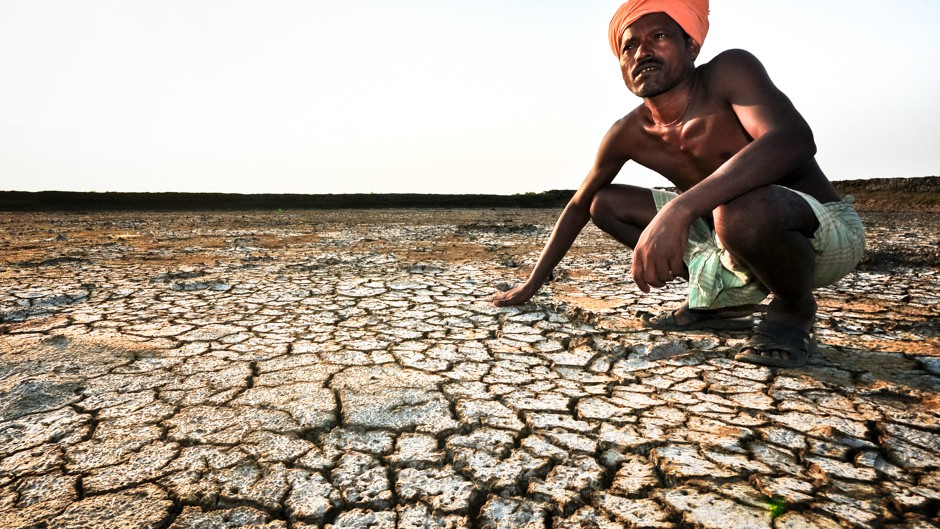The environmental Impacts of mining:
Some of the major environmental impacts of mining are
(i) Degradation of Land:
Due to leaching out of toxic elements, the growth of vegetation is seriously adversely affected. Loss of fauna and flora is also observed.
(ii) Pollution of Water Resources:
Even when drainage is controlled, some leaching and release of harmful elements (e.g. Pb, Cd etc.) into surface and ground water occurs. It adversely affects the ecosystem stability due to alterations in water quality and availability
(iii) Pollution of Air:
ADVERTISEMENTS:
Mining processes emit dust and gases which cause air pollution. These air pollutants have adverse impacts on historical monuments and religious places.
(iv) Problems in Rehabilitation of Affected Population:
It is one of the biggest problems due to economic constraints. To sum up, Mines always cause environmental impacts. But it is usually cheaper to prevent the impacts than to deal with them after they already happened. It is easier to prevent the impacts if one knows about them in advance.
Additional Information
Mining is the extraction (removal) of metals and minerals from earth.
Sustainable Mining:
Extraction and beneficiation of raw materials has to be…
ADVERTISEMENTS:
a) Environmentally compliant but also
b) Socially acceptable Sustainable
c) Economic
A mining operation is socially acceptable if:
a) It obeys standards in occupational safety and health.
ADVERTISEMENTS:
b) It is accepted by the society.
c) It obeys national and international guidelines and laws.
d) It provides resettlement help.
e) It considers cultural and social constraints.
f) It provides suitable working conditions for the workers.
A mining operation is economic if:
(i) It fulfills the needs of the society with material and immaterial goods.
(ii) It is working for the long term maximization of revenues and profit.
A mining operation is environmentally compliant
If it does not impose any harm to the environment.

